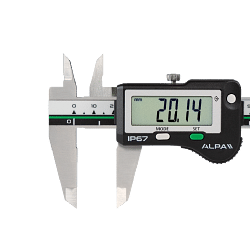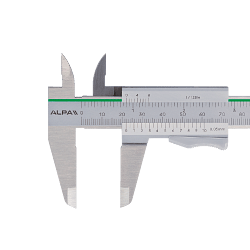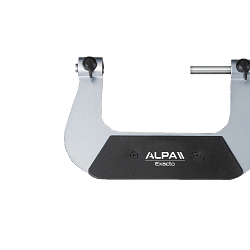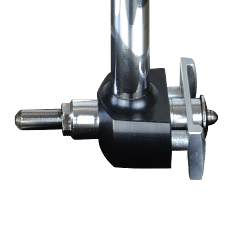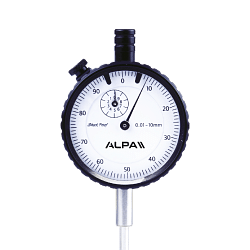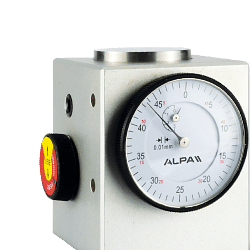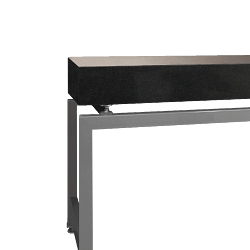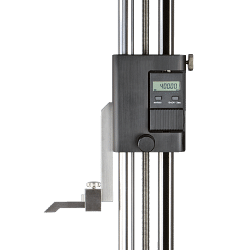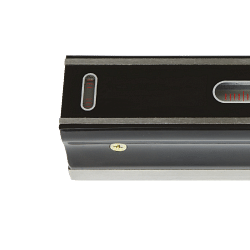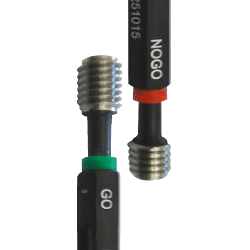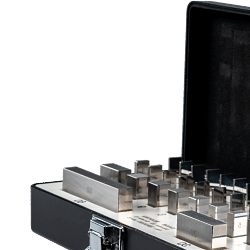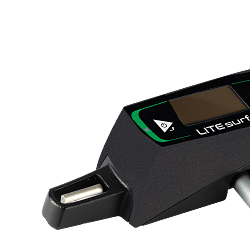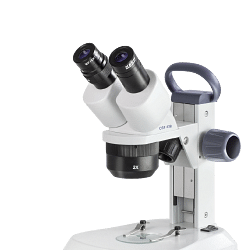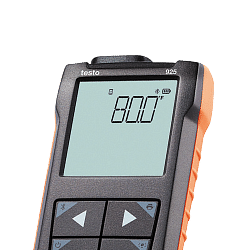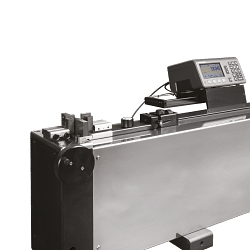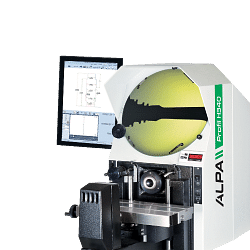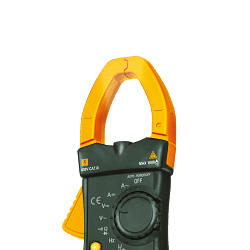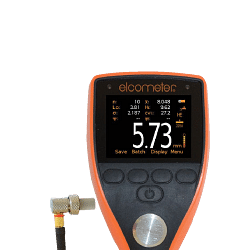Register and use the discount code NEWWELCOME to get 10% off on your first purchase. GET DISCOUNT.
Register and use the discount code NEWWELCOME to get 10% off on your first purchase. GET DISCOUNT.
Register and use the discount code NEWWELCOME to get 10% off on your first purchase. GET DISCOUNT.
Free shipping in 24h from 200€
Catalogues
Customer service
How can we help you?
- Faq
- Customer service
02.927371
- Supporting big orders
02.38298620
-
info@linkindustrialtools.it
- Request assistance with form
Or contact us with the chat in the lower right corner
- All products
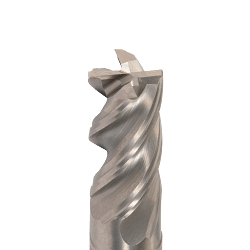 Integral cutting tools
Integral cutting tools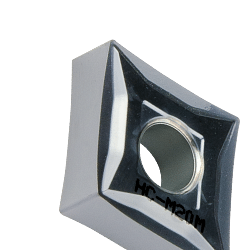 Turning tools
Turning tools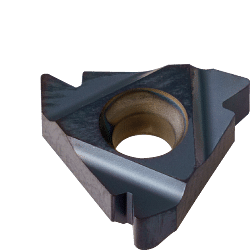 Thread tools
Thread tools Thread tools
Thread tools- All products
- Thread inserts
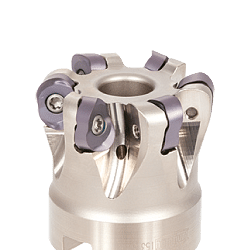 Milling cutters
Milling cutters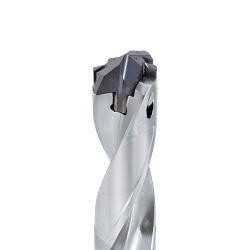 Drilling tools
Drilling tools Drilling tools
Drilling tools- All products
- Indexable drill bits
- Indexable drill heads
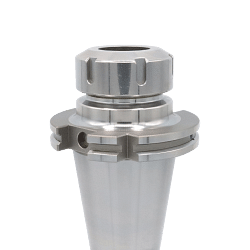 Clamping systems
Clamping systems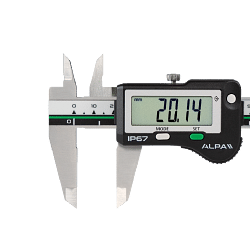 Measuring and precision tools
Measuring and precision tools Measuring and precision tools
Measuring and precision tools- All products
- Digital calipers with readings to 0.01
- Analogue calipers
- Digital micrometers
- Analogue micrometers
- Bore gauges
- Snap gauges
- Digital gauges
- Analogue gauges
- Touch probes
- Zero setters and edge finders
- Inspection plates
- Altimeters
- Height gauges
- Squares and levels
- Threaded rings
- Gauge blocks
- Calibrated tapes and thickness gauges
- Digital and analogue hardness testers
- Roughness testers
- Microscopes, lenses and visors
- Digital thermo-hygrometer to measure moisture
- Reset benches
- Optical profile projector
- Professional, digital dynamometers
- Laboratory scales
- Digital amperometric pliers
- Thickness and adhesion gauges
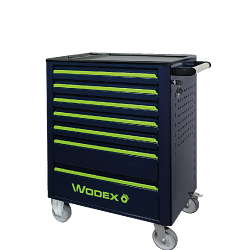 Hand tools
Hand tools Hand tools
Hand tools- All products
- Combination wrenches
- Spanners
- Hook wrenches
- Tubular wrenches
- Hexagon keys
- Torx wrench
- Socket wrenches
- Screwdrivers
- Torque wrenches
- Torque screwdriver
- Inserts and bits for screw drivers
- Tool trolleys
- Workshop pliers
- Wire strippers
- Cable strippers
- Cutting nippers
- Professional scissors
- Nippers
- Professional shears
- American or Swedish pipe wrench
- Adjustable wrench
- Pipe tools
- Pipe cutter for plumber
- Cutter
- Hacksaws
- Deburring tools
- Chisels
- Hammers and mallets
- Mechanical and conical pullers
- Clamps
- Tap wrenches and die stocks
- Riveters
- Flexometers
- Tape measures
- Markers
- Flat squares and rulers
- Professional dividers
- Professional protractors
- Brushes
- Lubricators and spray nozzles
- T-wrenches
- Reversible ratchets
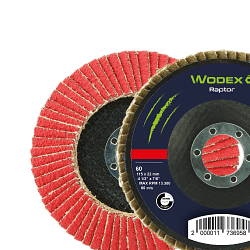 Abrasives
Abrasives Abrasives
Abrasives- All products
- Cutting discs
- Deburring grinding wheel
- Flap discs
- Fabric discs for surface treatment
- Abrasive fibre discs with Velcro
- Abrasive cloth in rolls, sheets and bands
- Flap wheels with pin and abrasive wheel with hole
- Abrasive wheels for buffing machines
- Abrasive spiral bands
- Abrasive brushes
- Flexible sanders
- Mounted grinding discs
- Polishing felt
- Solid carbide rotary cutters
- HSS rotary cutters
- Abrasive wheels for sharpening and grinding
- Diamond grinding wheels
- Grinding stone
- Diamond paste
- Abrasive stones
- Files and rasps
- Diamond files
- Grinders and polishing equipment
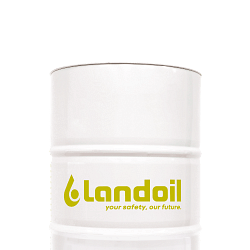 Lubricants for machine tools
Lubricants for machine tools Lubricants for machine tools
Lubricants for machine tools- All products
- Water-miscible coolants
- Neat cutting oil
- Minimal lubrication systems
- Oil for guides and slides
- Drums of hydraulic oil fluid
- Anti-freeze for machine tools
- Air coolers
- Oil separator
- Powders and absorbents for oil
- Aspirators for oil mist
- Accessories for cooling lubricants
- Metal and mould protectors
- Grease and paste
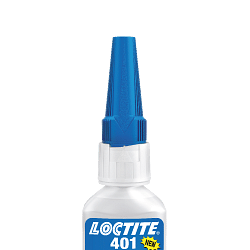 Chemical, adhesives and sealants
Chemical, adhesives and sealants Chemical, adhesives and sealants
Chemical, adhesives and sealants- All products
- Acrylic, cyanoacrylate and epoxy adhesives
- Guns and silicon sealant
- Threadlocker
- Sealants and retainers
- Release agents, lubricants and anti-seize
- Zinc spray and polishes
- Lubrication accessories
- Protections for maintenance
- Industrial Cleansing
- Handwash
- Industrial cloths and rags
- Welding machines
- Electrodes
- Clamps, shields and welding masks
- Antispatter
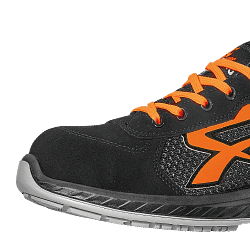 Safety equipment
Safety equipment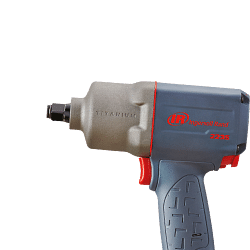 Pneumatics
Pneumatics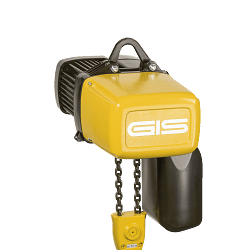 Lifting systems
Lifting systems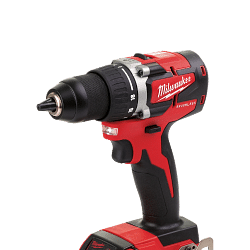 Workshop equipment
Workshop equipment Workshop equipment
Workshop equipment- All products
- Column and bench drills
- Accessories for lathes
- Band saws
- Cut-off machines
- Bench grinders
- Power tools
- Spare parts and accessories for Power Tools
- Saws and hole cutters: wood, metal and plasterboard
- Tapered cutters for sheet metal
- Industrial aspirators
- Fume aspirators
- Bench vices
- Technical lamps
- LED torches
- Industrial cable winders
- Trolley wheels
- Quick clamps
- Threaded inserts
- Control knobs
- Packaging accessories and material
- Belt sanders
- Electric tapping machines
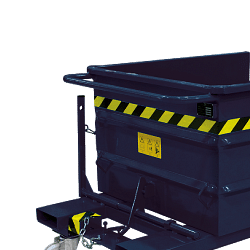 Furnishings and storage
Furnishings and storage Furnishings and storage
Furnishings and storage- All products
- Work benches
- Swivel chairs for office use
- Drawer units for workshops
- Industrial cabinets for warehouses and workshops
- Tool cabinets
- Security cabinets
- Changing room cabinets
- Containers for small metal parts
- Scrap holders
- Workshop trolleys
- Spill pallets for drum storage
- Shelves for warehouses and offices
- Cantilever shelving
- Aluminium ladders
- Modular plinths
- Units and cabinets for waste recycling
 Brand
BrandPromotions
 Bestseller
Bestseller- Catalogues
-
Catalogues
Customer service
How can we help you?
- Faq
- Customer service
02.927371
- Supporting big orders
02.38298620
-
info@linkindustrialtools.it
- Request assistance with form
Or contact us with the chat in the lower right corner
- Home
- Measuring and precision tools
Measuring and precision tools
Measuring instruments and precision: the beating heart of machine shops
In the world of machine shops, precision is a must. Measuring and precision instruments are the beating heart of this sector, ensuring that every component is manufactured with the utmost accuracy. These tools not only ensure the quality of the final product, but also optimise production processes, reducing waste and improving overall efficiency.
The importance of measuring and precision instruments
Measuring and precision tools are essential to ensure that specifications are met at every stage of production. In a machine shop, where even the smallest error can lead to high costs and delays, the ability to measure accurately is crucial. These instruments enable the verification of dimensions, angles, tolerances and other critical characteristics of mechanical components.
Types of measuring and accuracy instruments
There are different types of measuring and precision instruments, each designed for specific applications. The most common include gauges, micrometers, dial gauges and thickness gauges. Each instrument has its own peculiarities and is chosen according to the specific requirements of the work to be performed.
Calipers: versatility and precision
Gauges are among the most versatile tools used in machine shops. Available in different variants, such as slide, digital and dial gauges, they allow internal, external and depth dimensions to be measured with great precision. Their ease of use and ability to provide quick measurements make them indispensable in many applications.
Micrometers: the choice for high precision measurements
When even greater precision is required, micrometers are the ideal instrument. These instruments are designed to measure linear dimensions, such as the diameter of a shaft or the thickness of a foil, with extreme accuracy. Micrometers can be analogue or digital, with the latter offering a more immediate reading and reducing the risk of human error.
Dial gauges: for relative measurements and quality control
Dial gauges are instruments used for relative measurements, i.e. to compare a dimension with a reference sample. They are particularly useful in quality control, where it is necessary to check that components are within specified tolerances. Dial gauges can be mechanical or electronic, with the electronic models offering greater sensitivity and accuracy.
Thickness gauges: for fast and accurate measurements
Thickness gauges are instruments designed to measure the thickness of materials such as metals, plastics and coatings. These instruments are essential in applications where material thickness affects the performance of the final product. Thickness gauges can be either contact or non-contact, with non-contact models utilising technologies such as ultrasonics to provide fast and accurate measurements.
Benefits of using measuring instruments and accuracy
The use of measuring and precision instruments offers several advantages to machine shops. Firstly, they ensure that components are manufactured to the required specifications, reducing the risk of defects and improving the quality of the final product. They also optimise production processes, reducing waste of material and time. Finally, they contribute to improved safety at work, as precisely manufactured components reduce the risk of failures and accidents.
Frequently asked questions about measuring and precision instruments
1. What is the difference between a gauge and a micrometer?
- A caliper is a versatile instrument that can measure internal, external and depth dimensions, whereas a micrometer is designed for high-precision linear measurements.
2. How do I calibrate a dial gauge?
- Calibrating a dial indicator is done by comparing measurements with a known reference sample and adjusting the instrument until an accurate match is obtained.
3. What are the advantages of non-contact thickness gauges?
- Non-contact thickness gauges offer fast and accurate measurements without damaging the material, ideal for delicate materials or painted surfaces.
4. How do I choose the right measuring instrument for my application?
- The choice of instrument depends on your specific measuring needs, the accuracy required and the type of material to be measured.
5. Are digital measuring instruments more accurate than analogue ones?
- Digital instruments offer a more immediate reading and reduce the risk of human error, but accuracy depends on the quality of the instrument itself.
Conclusions
Measuring and precision instruments are critical to the success of machine shops. Their ability to guarantee accurate and reliable measurements is essential for the production of high-quality components. Investing in quality measuring instruments and keeping them correctly calibrated is a practice that every workshop should adopt to improve its efficiency and competitiveness in the market.
Read More Read LessIn the world of machine shops, precision is a must. Measuring and precision instruments are the beating heart of this sector, ensuring that every component is manufactured with the utmost accuracy. These tools not only ensure the quality of the final product, but also optimise production processes, reducing waste and improving overall efficiency.
The importance of measuring and precision instruments
Measuring and precision tools are essential to ensure that specifications are met at every stage of production. In a machine shop, where even the smallest error can lead to high costs and delays, the ability to measure accurately is crucial. These instruments enable the verification of dimensions, angles, tolerances and other critical characteristics of mechanical components.
Types of measuring and accuracy instruments
There are different types of measuring and precision instruments, each designed for specific applications. The most common include gauges, micrometers, dial gauges and thickness gauges. Each instrument has its own peculiarities and is chosen according to the specific requirements of the work to be performed.
Calipers: versatility and precision
Gauges are among the most versatile tools used in machine shops. Available in different variants, such as slide, digital and dial gauges, they allow internal, external and depth dimensions to be measured with great precision. Their ease of use and ability to provide quick measurements make them indispensable in many applications.
Micrometers: the choice for high precision measurements
When even greater precision is required, micrometers are the ideal instrument. These instruments are designed to measure linear dimensions, such as the diameter of a shaft or the thickness of a foil, with extreme accuracy. Micrometers can be analogue or digital, with the latter offering a more immediate reading and reducing the risk of human error.
Dial gauges: for relative measurements and quality control
Dial gauges are instruments used for relative measurements, i.e. to compare a dimension with a reference sample. They are particularly useful in quality control, where it is necessary to check that components are within specified tolerances. Dial gauges can be mechanical or electronic, with the electronic models offering greater sensitivity and accuracy.
Thickness gauges: for fast and accurate measurements
Thickness gauges are instruments designed to measure the thickness of materials such as metals, plastics and coatings. These instruments are essential in applications where material thickness affects the performance of the final product. Thickness gauges can be either contact or non-contact, with non-contact models utilising technologies such as ultrasonics to provide fast and accurate measurements.
Benefits of using measuring instruments and accuracy
The use of measuring and precision instruments offers several advantages to machine shops. Firstly, they ensure that components are manufactured to the required specifications, reducing the risk of defects and improving the quality of the final product. They also optimise production processes, reducing waste of material and time. Finally, they contribute to improved safety at work, as precisely manufactured components reduce the risk of failures and accidents.
Frequently asked questions about measuring and precision instruments
1. What is the difference between a gauge and a micrometer?
- A caliper is a versatile instrument that can measure internal, external and depth dimensions, whereas a micrometer is designed for high-precision linear measurements.
2. How do I calibrate a dial gauge?
- Calibrating a dial indicator is done by comparing measurements with a known reference sample and adjusting the instrument until an accurate match is obtained.
3. What are the advantages of non-contact thickness gauges?
- Non-contact thickness gauges offer fast and accurate measurements without damaging the material, ideal for delicate materials or painted surfaces.
4. How do I choose the right measuring instrument for my application?
- The choice of instrument depends on your specific measuring needs, the accuracy required and the type of material to be measured.
5. Are digital measuring instruments more accurate than analogue ones?
- Digital instruments offer a more immediate reading and reduce the risk of human error, but accuracy depends on the quality of the instrument itself.
Conclusions
Measuring and precision instruments are critical to the success of machine shops. Their ability to guarantee accurate and reliable measurements is essential for the production of high-quality components. Investing in quality measuring instruments and keeping them correctly calibrated is a practice that every workshop should adopt to improve its efficiency and competitiveness in the market.

Most requested in the category
D1311
Micrometers analogue for Internal 3 points top 100-300 ALPA As low as €460.00 Regular Price €604.00 - 24%
D5517
Setting rings for bore gauges and micrometers ALPA As low as €46.00 Regular Price €60.00 - 23%


